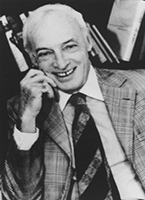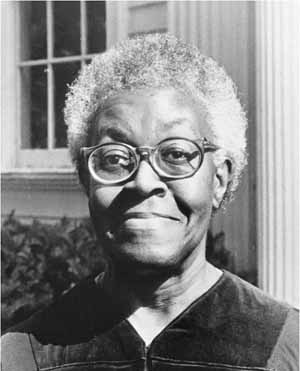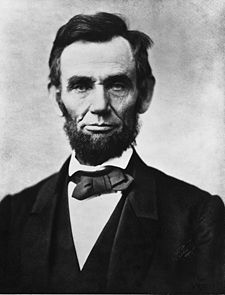
Harold L. Platt
Born: 1945
Connection to Illinois: Platt was a professor at Loyola University in Chicago for over 30 years. Biography: Harold L. Platt is a professor emeritus of American History at Loyola University Chicago. He has written award-winning studies in urban history.
Awards:
- Shock Cities Abel Wolman Award.
- The Electric City: Energy and the Growth of the Chicago Area, 1880-1930 Abel Wolman Award; Award of Superior Achievement of the Illinois State Historical Society
Web: https://www.luc.edu/history/people/facultyandstaffdirectory/emeritusfaculty/plattharoldl.shtml
Selected Titles
| City Building in the New South: The Growth of Public Services in Houston, Texas, 1830-1910 ISBN: 0877222819 OCLC: 8626861 Temple Univ Pr Philadelphia : 1983 |
|
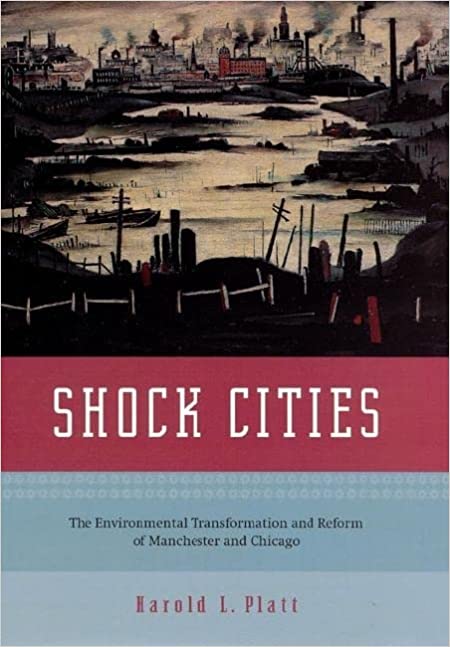 |
Shock Cities: The Environmental Transformation and Reform of Manchester and Chicago ISBN: 0226670767 OCLC: 55502937 University of Chicago Press Chicago : 2005 Shock Cities is environmental history of the highest order. This searching work is the first trans-Atlantic study to examine the industrial city in holistic terms, looking at the transformation of its land, water, and air. Harold L. Platt demonstrates how the creation of industrial ecologies spurred the reorganization of urban areas into separate spheres, unhealthy slums in the center and garden estates in the suburbs. By comparing Chicago and Manchester, Platt also shows how the ruling classes managed the political creation of urban space to ensure financial gain—often to the environmental detriment of both regions. Shock Cities also recasts the age of industry within a larger frame of nature. Frightening epidemics and unnatural "natural disasters" forced the city dwellers onto the path of environmental reform. Crusaders for social justice such as Chicago's Jane Addams and Manchester's Charles Rowley led class-bridging campaigns to clean up the slums. Women activists and other "municipal housekeepers" promoted regulations to reduce air pollution. Public health experts directed efforts to improve sanitation. Out of these reform movements, the Progressives formulated new concepts of environmental conservation and regional planning. Comparing the two cities, Platt highlights the ways in which political culture and institutions act to turn social geography into physical shapes on the ground. This focus on the political formation of urban space helps illuminate questions of social and environmental justice. Shock Cities will be of enormous value to students of ecology, technology, urban planning, and public health in the Western world. |
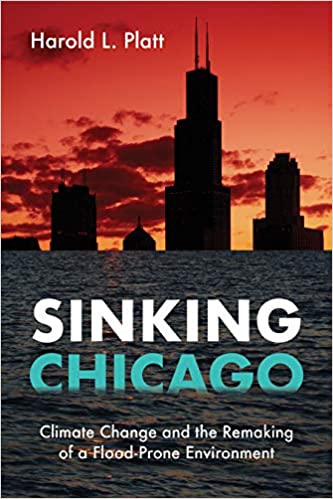 |
Sinking Chicago: Climate Change and the Remaking of a Flood-Prone Environment (Urban Life, Landscape and Policy) ISBN: 1439915482 OCLC: 1019836521 Temple University Press 2018 In Sinking Chicago, Harold Platt shows how people responded to climate change in one American city over a hundred-and-fifty-year period. During a long dry spell before 1945, city residents lost sight of the connections between land use, flood control, and water quality. Then, a combination of suburban sprawl and a wet period of extreme weather events created damaging runoff surges that sank Chicago and contaminated drinking supplies with raw sewage. Chicagoans had to learn how to remake a city built on a prairie wetland. They organized a grassroots movement to protect the six river watersheds in the semi-sacred forest preserves from being turned into open sewers, like the Chicago River. The politics of outdoor recreation clashed with the politics of water management. Platt charts a growing constituency of citizens who fought a corrupt political machine to reclaim the region’s waterways and Lake Michigan as a single eco-system. Environmentalists contested policymakers’ heroic, big-technology approaches with small-scale solutions for a flood-prone environment. Sinking Chicago lays out a roadmap to future planning outcomes. |
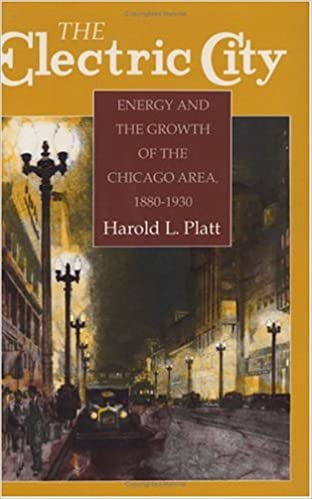 |
The Electric City: Energy and the Growth of the Chicago Area, 1880-1930 ISBN: 0226670759 OCLC: 21873568 University of Chicago Press Chicago : 1991 No symbol of progress in our century is more galvanizing than electricity—electric power and the technology it has spawned. The "invisible world" of electric energy that was emerging at the turn of the century is one we take for granted, but its influence on the growth and quality of city life was, and remains, profound. Using Chicago as a test case, Harold L. Platt investigates the emergence of an urban-based, energy-intensive society over the course of half a century in this first book-length history of energy use in the city. |


